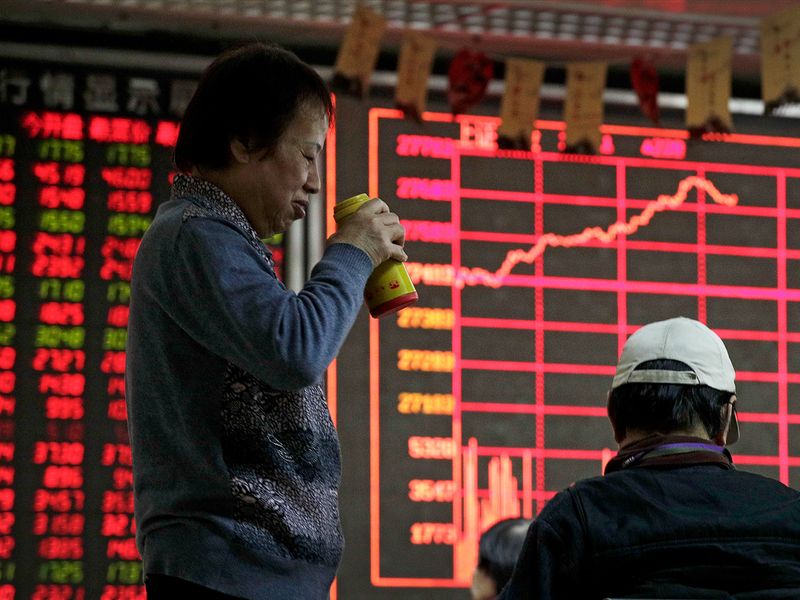
Dubai: Stock prices change every day by market forces. But what are these ‘market forces’? By this we mean that share prices change because of supply and demand. Let’s break it down further.
If more people buys a stock (demand) instead of selling it (supply), then the price moves up. Conversely, if more people sells a stock instead of buying, there is more supply than demand and the price then falls.
Supply and demand is easy to grasp. But what makes people like a particular stock and dislike another stock? This comes down to figuring out what news is positive for a company and what news is negative.
There are many answers to this and different investors you ask have varying strategies. That being said, the principal theory is that the price movement of a stock indicates what investors feel a firm is worth.

Don't equate a company's value with the stock price. The value of a company is its market capitalisation, which is the stock price multiplied by the number of shares a company has overall.
For example, a company that trades at Dh100 per share and has 1,000,000 or 1 million shares in total has a lesser value than a firm that trades at Dh50 but has 5,000,000 or 5 million shares.
The calculation: Dh100 multiplied by 1,000,000 (shares), equals Dh100,000,000 or Dh100 million; while Dh50 multiplied by 5,000,000 (shares), equals Dh250,000,000 or Dh250 million.
To further complicate things, the price of a stock doesn't only reflect a company's current value – it also reflects the growth that investors expect in the future.
The most important factor that affects the value of a company is its earnings. Earnings are the profit a company makes, and in the long run no company can survive without them.

Think about it logically. If a company never makes money, they aren't going to stay in business. Public companies are required to report their earnings four times a year (once each quarter).
Stock markets pay close attention at these reports, which are referred to as earnings seasons. The reason behind this is that analysts base their future value of a company on their earnings projection.
If a company's results surprise (are better than expected), the price jumps up. If a company's results disappoint (are worse than expected), then the price will fall.
It's not just earnings that can change the market-wide investor sentiment towards a stock (which, in turn, changes its price). It would be rather simple if this were the only case.
During the dot-com bubble, for example, dozens of Internet companies worldwide rose to have market capitalisations in the billions without ever making even the smallest profit.
As we all know, these valuations did not hold, and almost all Internet companies saw their values shrink to a fraction of their highs.

Still, the fact that prices did move that much demonstrates that there are factors other than current earnings that influence stocks.
Investors have developed literally hundreds of these variables, ratios and indicators. Some you may have already heard of such as the ‘P/E’ ratio or ‘P/S’ ratio (both explained next).
The ‘Price to Earnings’ ratio, called ‘P/E’ ratio, tells investors how much a company is worth based on its profits, while ‘Price to Sales’ ratio, called ‘P/S’ ratio, tells the worth of a firm based on its revenue.
While some experts still opine it isn't possible to predict how stocks will change in price, others think that by drawing charts and looking at past price movements, you can determine when to buy and sell.
The only thing we do know as a certainty is that stocks are volatile and can change in price extremely rapidly.
Key takeaways? Here’s a summary of important things to grasp about this subject: At the most fundamental level, supply and demand in the market determine stock price.
Secondly, price times the number of outstanding shares (market capitalisation) is the value of a company. Comparing just the share price of two companies is meaningless.
Theoretically earnings are what affect investors' valuation of a company, but there are other indicators that investors use to predict stock price.
It is investors' sentiments, attitudes, and expectations that ultimately affect stock prices. There are many theories that explain the way stock prices move and there is no one theory that can explain it all.








